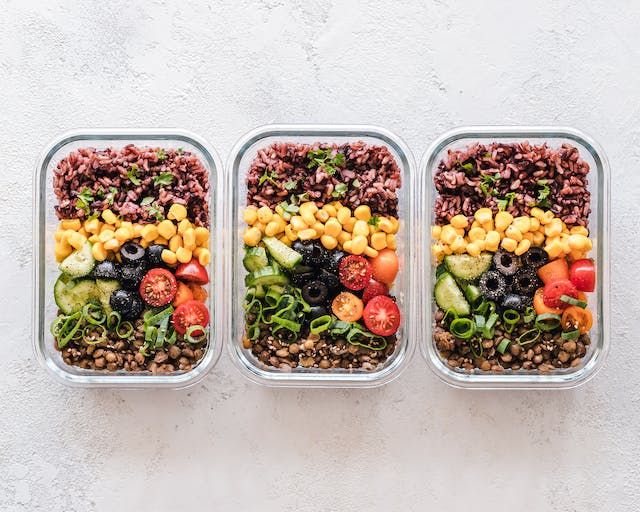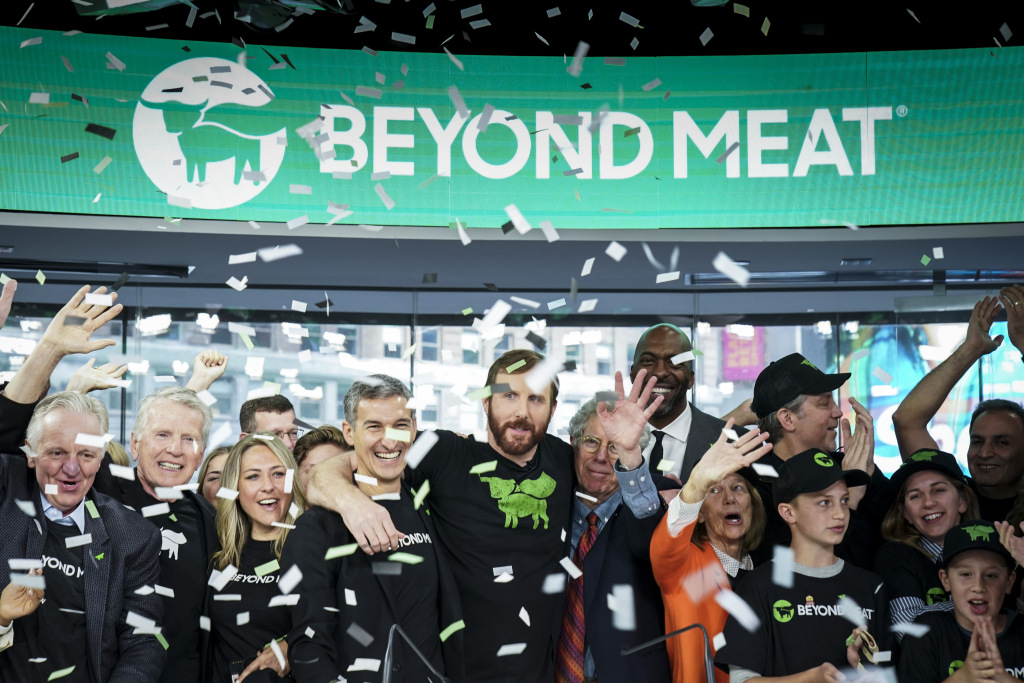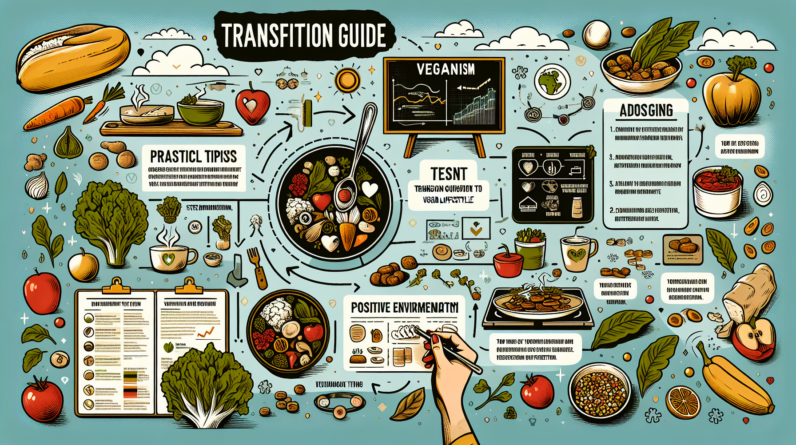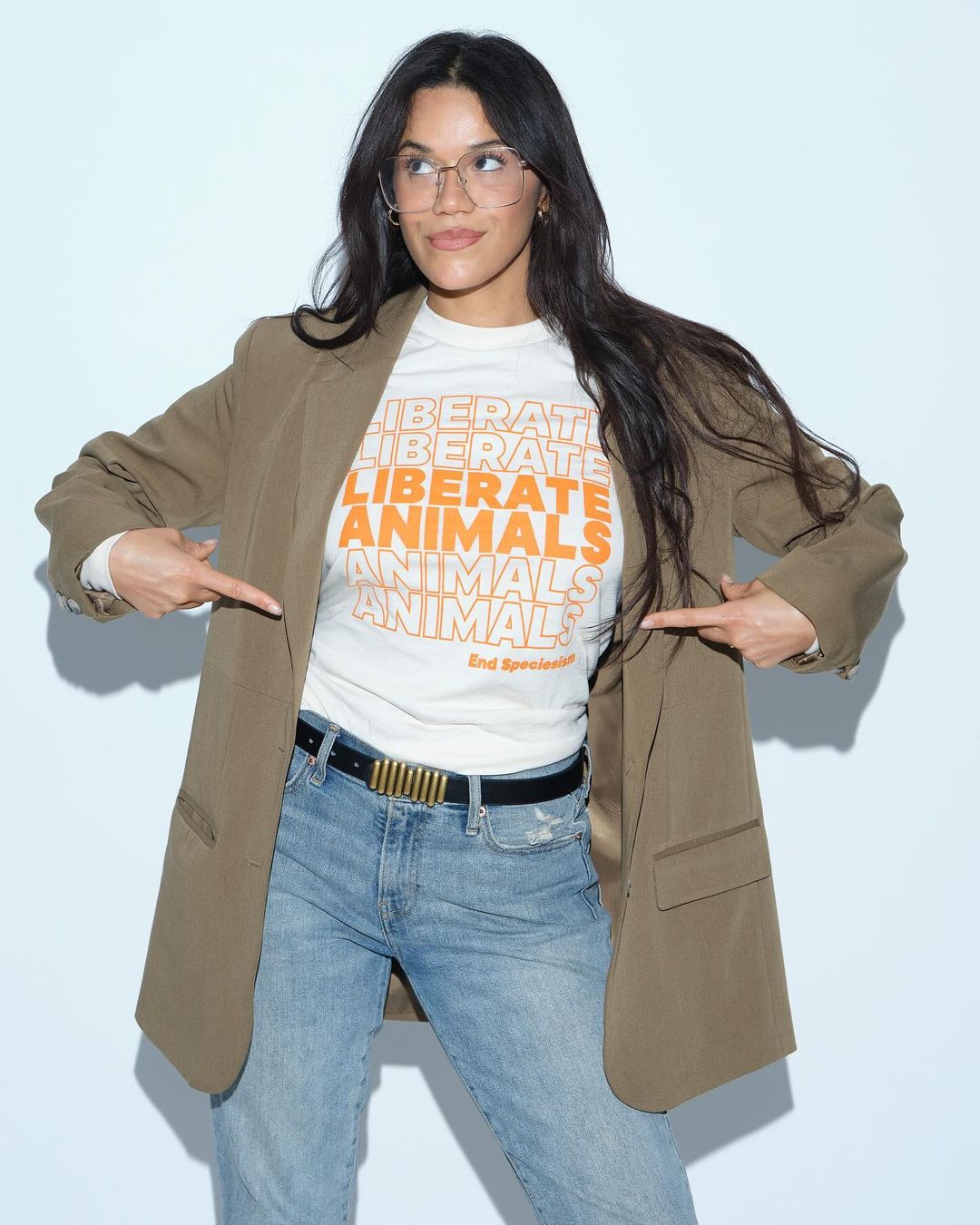Whether you’re considering adopting a vegan lifestyle or simply curious about what it entails, this article will provide you with a clear understanding of what it means to live vegan. From excluding animal products in your diet to making conscious choices about clothing and personal care products, a vegan lifestyle goes far beyond just what you put on your plate. By embracing kindness towards animals and the environment, and with an ever-growing variety of plant-based alternatives available, living vegan has become easier and more accessible than ever before.
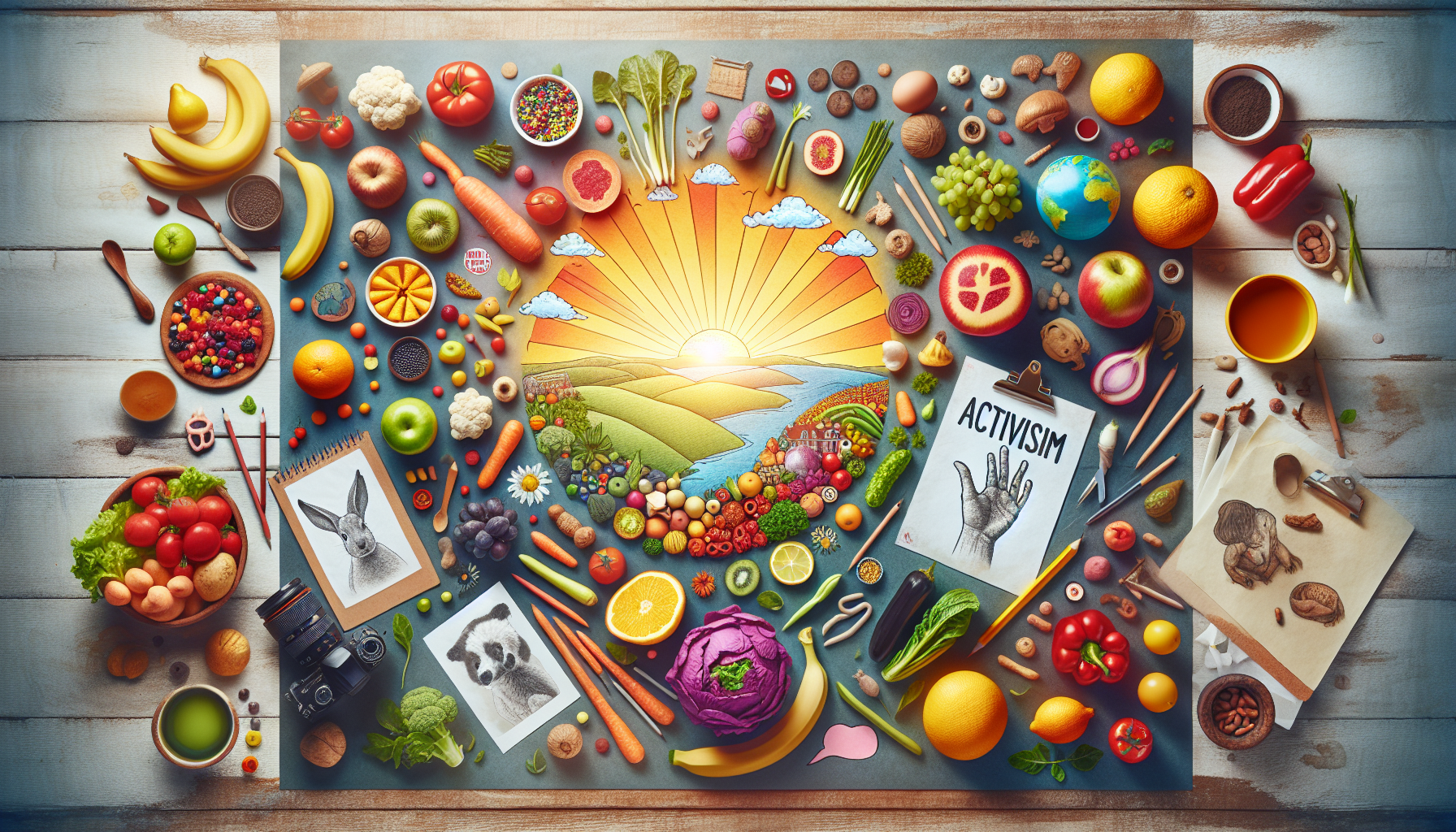
Table of Contents
Food Choices
Plant-based Diet
A vegan lifestyle is centered around following a plant-based diet, which means consuming foods that come from plants rather than animals. The primary focus is on fruits, vegetables, whole grains, legumes, nuts, and seeds. By basing your diet on these wholesome plant foods, you can enjoy a wide variety of nutrients while also reducing your intake of saturated fats and cholesterol.
Fruits and Vegetables
Fruits and vegetables are the foundation of a vegan diet. These vibrant and colorful foods are not only delicious but are also packed with essential vitamins, minerals, and fiber. They provide a wide array of flavors, textures, and nutrients, making every meal a delightful sensory experience. Incorporating a rainbow of fruits and vegetables into your diet ensures that you receive a diverse range of nutrients, promoting optimal health and well-being.
Whole Grains
Whole grains are an essential part of a balanced vegan diet. They provide energy and valuable nutrients, including fiber, B vitamins, and minerals like iron and magnesium. Brown rice, quinoa, oats, and whole wheat products are just a few examples of delicious and versatile whole grains that can be incorporated into your meals. As a vegan, choosing whole grains over refined grains ensures that you benefit from their nutrient-rich goodness.
Legumes and Beans
Legumes and beans are excellent sources of plant-based protein, fiber, and various essential nutrients. They include foods like chickpeas, lentils, black beans, and tofu. These versatile ingredients can be used in a wide range of dishes, from hearty stews to delicious salads. Incorporating legumes and beans into your diet not only offers a satisfying and filling meal but also promotes good health and well-being.
Nuts and Seeds
Nuts and seeds are an important component of a vegan diet, providing essential healthy fats, protein, and a variety of vitamins and minerals. From almonds and walnuts to chia seeds and flaxseeds, the options are endless. These nutrient-dense foods can be enjoyed as a snack, added to smoothies, or used as a topping for salads, enhancing both the flavor and nutritional value of your meals.
Animal Product Exclusion
No Meat or Poultry
One of the fundamental aspects of a vegan lifestyle is the exclusion of meat and poultry. By abstaining from consuming animal flesh, you are promoting compassion towards animals and reducing your carbon footprint. Instead of relying on meat for protein, you can choose from a wide range of plant-based alternatives, ensuring your dietary needs are met while contributing to a more sustainable and ethical world.
No Dairy Products
Dairy products, including milk, cheese, and butter, are also excluded from a vegan diet. This exclusion eliminates the health concerns associated with consuming lactose and casein, which can cause digestive issues and inflammation in some individuals. Additionally, avoiding dairy products promotes animal welfare, as the dairy industry often involves practices that can be detrimental to cows and their offspring.
No Eggs
Eggs are another animal product that is off-limits in a vegan lifestyle. By eliminating eggs from your diet, you are choosing to support alternative methods of plant-based cooking and baking. Eggs can be easily replaced by ingredients such as mashed bananas, applesauce, or flaxseed meal, ensuring that you can still enjoy a wide range of delicious recipes without compromising your vegan principles.
No Honey
While honey might be considered a natural sweetener, it is not included in a vegan diet. Bees are vital pollinators and play a crucial role in our ecosystem, so veganism extends beyond just avoiding animal products for consumption. By excluding honey, vegans aim to promote the well-being of bees and preserve their habitat, contributing to the overall health of our planet.
Alternative Sources of Nutrients
Protein
Protein is an essential macronutrient that plays a critical role in the building, repairing, and maintenance of tissues in the body. While many people associate protein with animal products, there are plenty of plant-based sources that provide ample amounts of this nutrient. Legumes, tofu, tempeh, seitan, quinoa, and nuts are all excellent sources of protein to incorporate into a vegan diet. Moreover, combining different plant-based protein sources throughout the day ensures optimal protein intake.
Calcium
Calcium is crucial for maintaining healthy bones and teeth, as well as supporting proper nerve and muscle function. Although dairy products are commonly believed to be the main source of calcium, there are numerous plant-based alternatives available. Dark leafy greens such as kale and broccoli, fortified plant-based milk, tofu, and almonds are excellent sources of calcium that can easily be incorporated into a vegan diet.
Iron
Iron is essential for the production of red blood cells and the transportation of oxygen throughout the body. While iron from plant-based sources is not as easily absorbed as iron from animal products, there are still plenty of options to meet your iron needs. Foods such as lentils, spinach, tofu, quinoa, and pumpkin seeds are all rich in iron, and consuming them with vitamin C-rich foods like citrus fruits or bell peppers can enhance iron absorption.
Vitamin B12
Vitamin B12 is primarily found in animal products, and its deficiency can lead to various health issues. As a vegan, it is crucial to ensure sufficient vitamin B12 intake. Fortified plant-based milk, breakfast cereals, and nutritional yeast are some vegan-friendly sources of vitamin B12. It is also advisable to consider taking a vitamin B12 supplement to meet your daily requirements.
Vegan-Friendly Restaurants
Popular Vegan Chains
As the demand for plant-based options continues to rise, numerous vegan-friendly restaurant chains have emerged. These establishments offer a diverse range of vegan dishes and cater to individuals following a vegan lifestyle. Some popular vegan chains include Veggie Grill, Loving Hut, Native Foods, and Veggie Galaxy. These restaurants provide delicious and satisfying meals that showcase the potential of plant-based cuisine.
Ethnic Cuisine
Ethnic cuisine is often a goldmine for vegans due to its widespread use of plant-based ingredients. Whether you crave mouthwatering Indian curries, flavorful Mexican dishes, or fragrant Thai stir-fries, there are countless vegan-friendly options to explore. From vegetable-based curries to plant-based protein alternatives, ethnic cuisine showcases the versatility and creativity of plant-based cooking, making vegan dining an exciting culinary adventure.
Online Resources
In addition to brick-and-mortar establishments, the internet offers a vast array of resources for finding vegan-friendly restaurants. Online platforms and websites, such as HappyCow and Yelp, provide comprehensive listings, reviews, and ratings of veg-friendly eateries. These resources allow you to discover new vegan restaurants in your area or plan ahead when traveling to ensure you can enjoy vegan meals wherever you go.
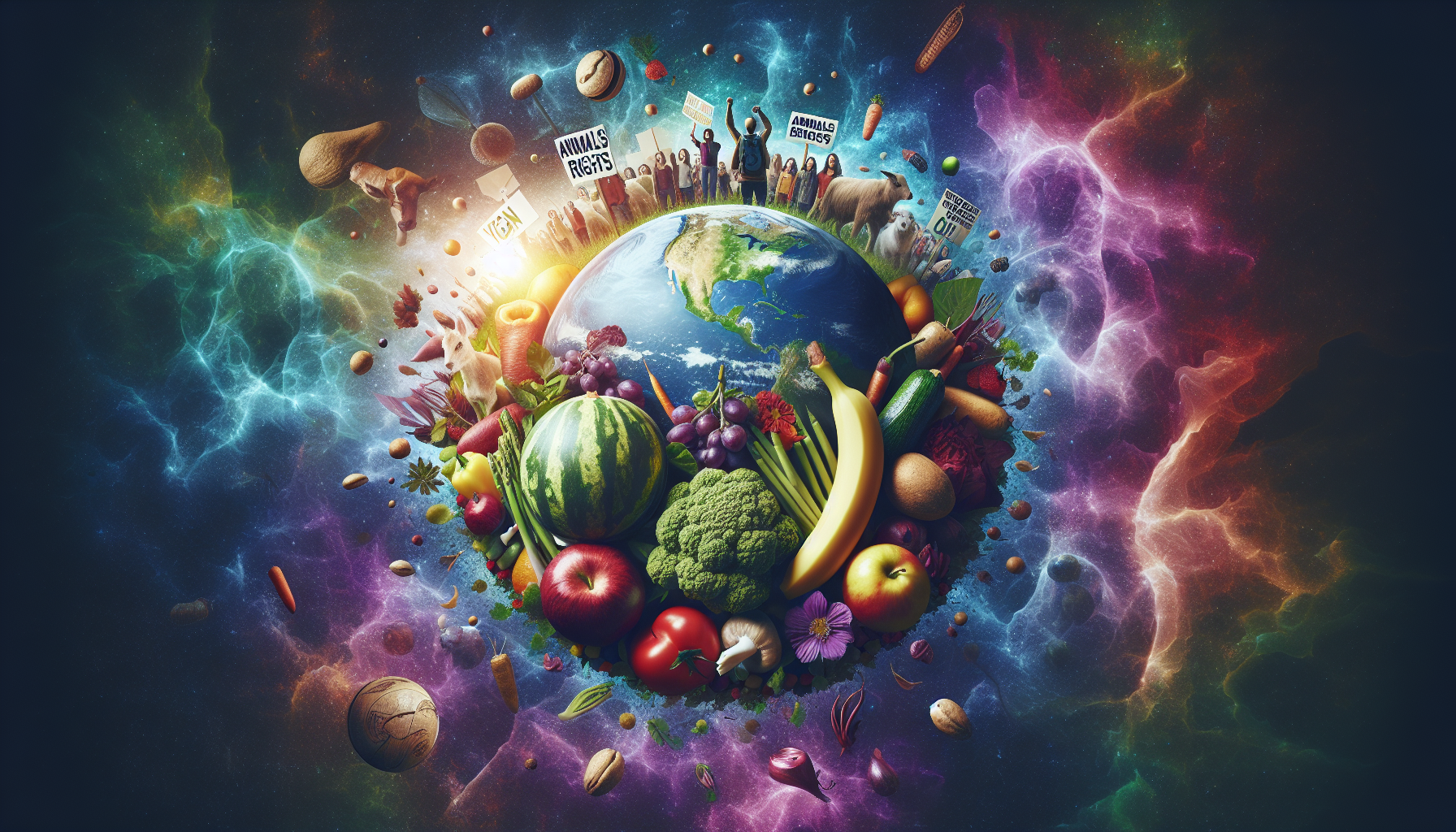
Vegan Cooking and Recipes
Plant-based Substitutes
Vegan cooking often involves replacing animal-based ingredients with plant-based substitutes. From tofu and tempeh to jackfruit and seitan, these alternatives offer a wide range of flavors and textures that can mimic traditional meat-based dishes. Nutritional yeast, coconut milk, and cashew cream are just a few examples of ingredients that can be used to recreate the creamy and cheesy flavors often found in non-vegan recipes.
Vegan Baking
Contrary to popular belief, vegan baking is not only possible but can also yield delicious results. Eggs and dairy products can be replaced with substitutes such as mashed bananas, applesauce, flaxseed meal, or plant-based milk. These swaps maintain the desired texture and moisture in baked goods while also aligning with vegan principles. Whether you’re craving cookies, cakes, or muffins, there are countless vegan baking recipes available that will satisfy your sweet tooth.
Simple and Quick Meals
Vegan cooking doesn’t have to be complicated or time-consuming. With a little planning and creativity, you can whip up simple and quick meals that are both nutritious and delicious. Grain bowls, salads, stir-fries, and wraps are just a few examples of meals that can be prepared effortlessly with an array of plant-based ingredients. Emphasizing fresh produce, herbs, and spices allows you to create vibrant and satisfying meals that are ready in no time.
Impacts on the Environment
Reduced Greenhouse Gas Emissions
By adopting a vegan lifestyle, you contribute to reducing greenhouse gas emissions. Animal agriculture is a major contributor to greenhouse gas emissions, including carbon dioxide, methane, and nitrous oxide. Livestock farming requires vast amounts of land, water, and resources, contributing significantly to deforestation and climate change. Choosing a plant-based diet helps reduce the demand for animal products and minimizes the environmental impact associated with intensive animal farming.
Conservation of Water Resources
Animal agriculture is notorious for its excessive water consumption. From growing animal feed to maintaining livestock and cleaning facilities, immense amounts of water are utilized throughout the process. By adopting a vegan lifestyle, you can significantly reduce your water footprint. Plant-based diets require far less water to produce, allowing for the conservation of this precious resource and promoting sustainable water management.
Protection of Biodiversity
The expansion of industrial animal farming often leads to habitat destruction and biodiversity loss. Deforestation to make way for livestock farming has a detrimental impact on ecosystems and contributes to the extinction of many species. By choosing a plant-based diet, you actively support the preservation of biodiversity. A vegan lifestyle promotes sustainable land use and reduces the destruction of habitats, fostering a healthier and more diverse ecosystem.
Health Benefits
Lower Risk of Chronic Diseases
A well-planned vegan diet has been associated with a lower risk of chronic diseases such as heart disease, high blood pressure, type 2 diabetes, and certain types of cancer. The abundance of fiber, antioxidants, and phytochemicals found in plant-based foods offers protective benefits for overall health. By nourishing your body with a diverse range of plant foods, you can support a strong immune system, reduce inflammation, and promote better overall health outcomes.
Weight Management
Adopting a vegan lifestyle can be beneficial for weight management. Plant-based diets tend to be lower in calorie density due to their high fiber content, which helps create a feeling of fullness and satiety. By focusing on filling your plate with nutrient-dense plant foods, you can maintain a healthy body weight and support long-term weight management goals.
Improved Digestion
Fruits, vegetables, whole grains, and legumes are rich sources of dietary fiber, which plays a crucial role in maintaining a healthy digestive system. A vegan diet abundant in fiber promotes regular bowel movements, prevents constipation, and supports gut health. By prioritizing fiber-rich plant foods, you can optimize your digestion and enjoy the benefits of a healthy gut.
Increased Energy Levels
Choosing a plant-based diet can lead to increased energy levels and improved vitality. Whole, unprocessed plant foods are rich in essential nutrients, vitamins, and minerals that are needed for optimal energy production. By fueling your body with nutrient-dense foods, you can experience sustained energy throughout the day, enhancing productivity and overall well-being.
Challenges and Considerations
Label Reading and Ingredient Awareness
As a vegan, one of the primary challenges is being vigilant when it comes to reading labels and understanding ingredients. Animal-derived ingredients can sometimes be hidden under different names, making it essential to familiarize yourself with commonly used terms. Being mindful of food packaging and researching vegan-friendly brands and products ensures that your choices align with your ethical and dietary principles.
Social Situations
Navigating social situations can be a challenge for vegans, especially when attending gatherings or dining out with non-vegan friends and family. Communicating your dietary preferences in advance and offering to bring a vegan dish to share can help ensure that there are suitable options available. Additionally, seeking out vegan-friendly restaurants or suggesting plant-based menu choices when dining out can make social situations more inclusive and enjoyable.
Ensuring Adequate Nutrition
While a vegan diet can provide all the necessary nutrients for optimal health, it is crucial to ensure adequate nutrition. Paying attention to your overall diet and incorporating a variety of nutrient-dense plant foods is key. It may be necessary to supplement certain nutrients, such as vitamin B12, to meet specific dietary requirements. Consulting with a registered dietitian or nutritionist can provide valuable guidance and help ensure that you are meeting your nutritional needs.
Ethical and Moral Reasons
Animal Rights
Many vegans adopt a vegan lifestyle out of concern for animal rights and welfare. By choosing not to consume animal products, individuals aim to reduce animal suffering and promote a compassionate approach towards fellow creatures. Veganism allows individuals to align their dietary choices with their ethical beliefs, expressing care and respect for all living beings.
Environmental Ethics
The environmental impact of animal agriculture is a major concern for many vegans. By adopting a plant-based diet, individuals contribute to reducing deforestation, greenhouse gas emissions, and water pollution associated with livestock farming. Veganism is viewed as an ethical way of living that promotes sustainable practices and supports the preservation of our planet for future generations.
Sustainable Living
Veganism goes hand in hand with the concept of sustainable living. By reducing our reliance on animal products, we contribute to more sustainable practices that help promote a healthier and more balanced world. Through conscious consumption and mindful choices, vegans strive to create a more harmonious relationship with the environment, considering the long-term impact of their actions.
Making the Transition
Gradual Approach
Adopting a vegan lifestyle can be a gradual process for many individuals. Some find it helpful to start by incorporating more plant-based meals into their diet or gradually eliminating specific animal products. Taking small steps allows for a smoother transition and helps individuals discover new plant-based foods and recipes along the way. Each person’s journey is unique, and finding a pace that works for you is key to long-term success.
Educate Yourself
Educating yourself about the nutritional aspects, environmental impact, and ethical considerations of a vegan lifestyle is crucial. Understanding the benefits and challenges can help you make informed choices and navigate the transition more successfully. Books, documentaries, websites, and online communities dedicated to veganism can provide a wealth of knowledge and support.
Community Support
Seeking support from like-minded individuals can be invaluable during the transition to a vegan lifestyle. Joining vegan communities, attending vegan events, and connecting with individuals who share similar values can provide the encouragement and guidance needed. Having a supportive network can make the journey more enjoyable and increase the likelihood of maintaining a long-term vegan lifestyle.
In conclusion, a vegan lifestyle consists of following a plant-based diet that excludes all animal products such as meat, poultry, dairy, eggs, and honey. This dietary choice is grounded in ethical and moral reasons, promoting compassion towards animals, sustainable living, and preservation of the environment. Despite potential challenges, there are countless resources and alternatives available that make a vegan lifestyle both accessible and enjoyable. By embracing a plant-based diet, you can experience a wide range of health benefits, protect the environment, and contribute to a more compassionate world.

